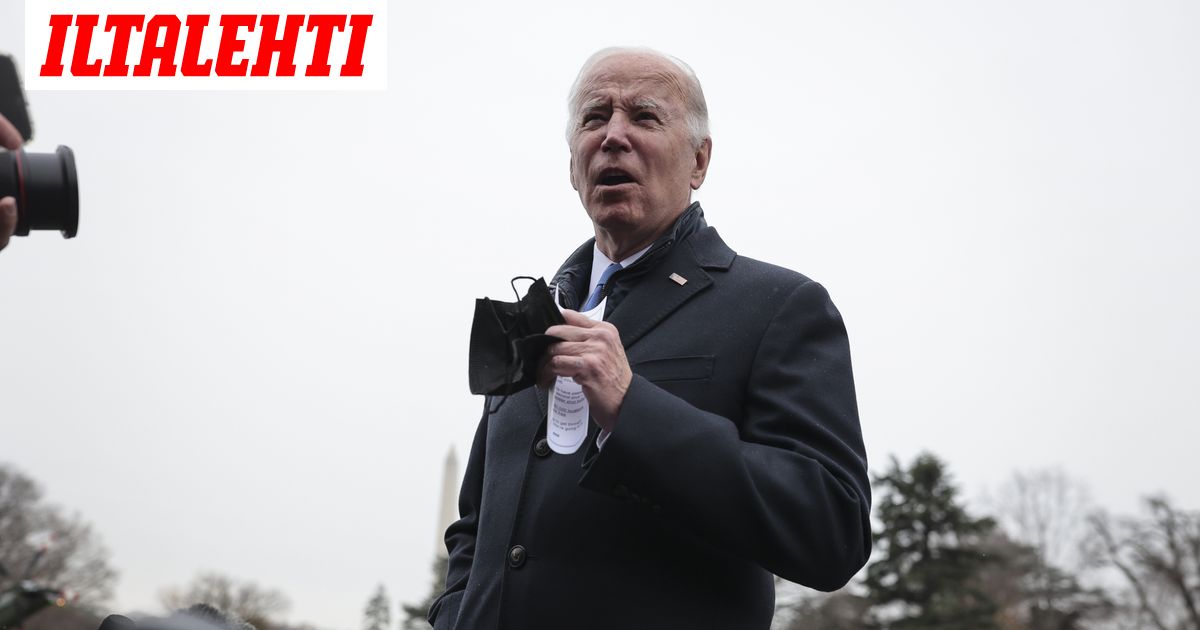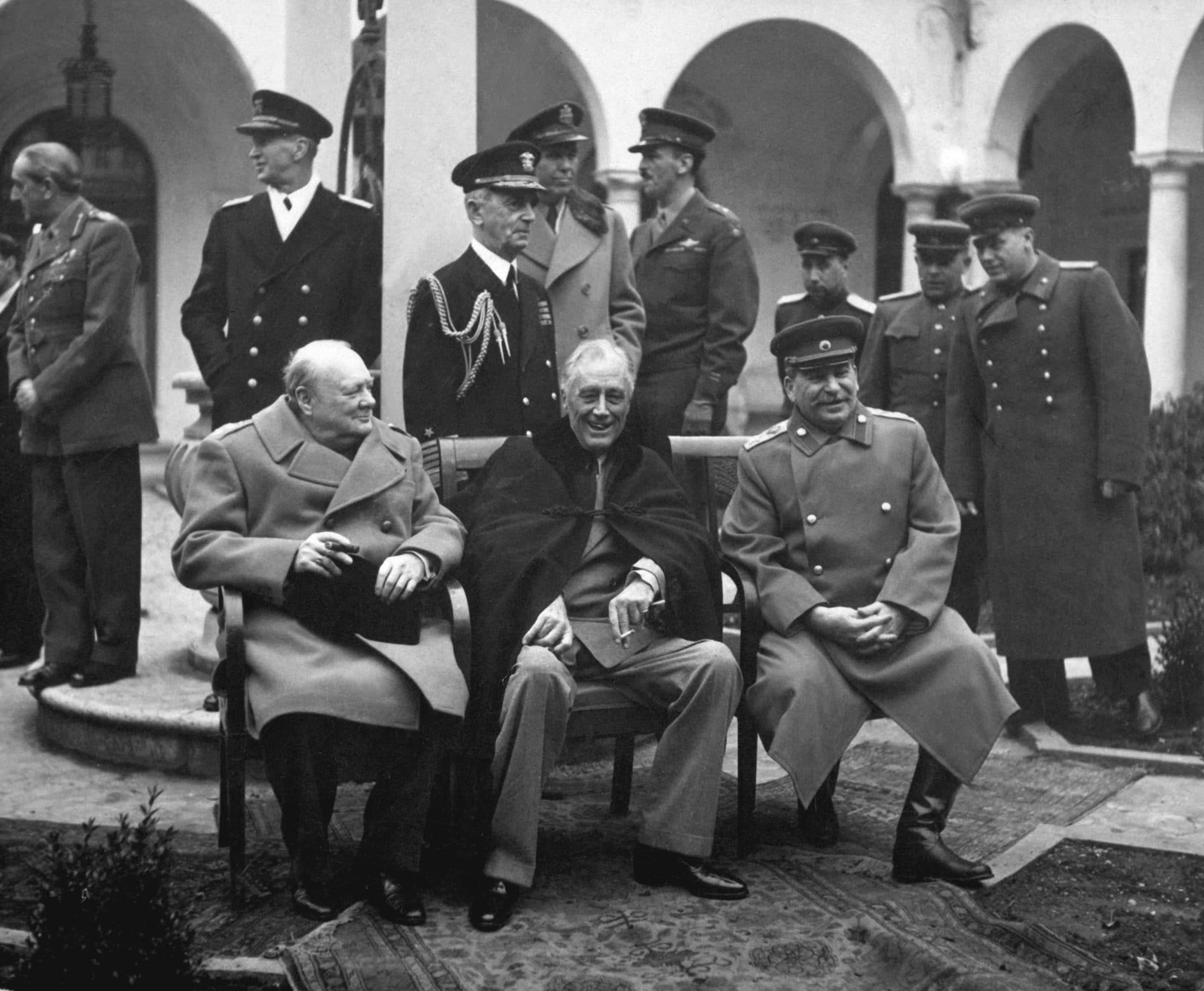The question should not be what Russia’s aims are, but how it intends to achieve them. Russia’s strategic security policy objectives have been rather publicly declared since 2000, when President Putin, who had been in office for ten days, published Russia’s new security policy concept
. These include:
achieving and ensuring Russia’s status as a respected center of power in a multipolar world; protection and international acceptance of Russia’s interests in its near abroad; stopping the enlargement of NATO; and replacing Euro-Atlantic security architecture with Eurasian security architecture, where Russia has an important role.
---
Putin earlier
warned of “serious consequences for Ukrainian statehood” in the case of provocations, but the article published in July
essentially put an end to the possibility that the Kremlin would peacefully agree to the existence of a Ukrainian state, within its currently recognized borders and outside of Moscow’s sphere of influence.
---
Although many analysts are still meditating on the question of “what Putin actually wants,”
Moscow has said what it wants as clearly as possible. The Kremlin thinks, or pretends to think, that the
time for creating the long-awaited new global security architecture has arrived. Europe has become incapable of acting and pointless; America is weak; NATO is still trying to show off, but they, too, have basically no willpower. The world is changing and Russia should not let this situation go to waste, but instead
push to solve its security issues — which in essence means cemented its status as a great power.
As many regions and neighboring states as possible must be brought back under Moscow’s influence.
There are several signs that Moscow has decided to make use of this possibility now, when the time is ripe. Russia is already acting — and the West has to admit it.






